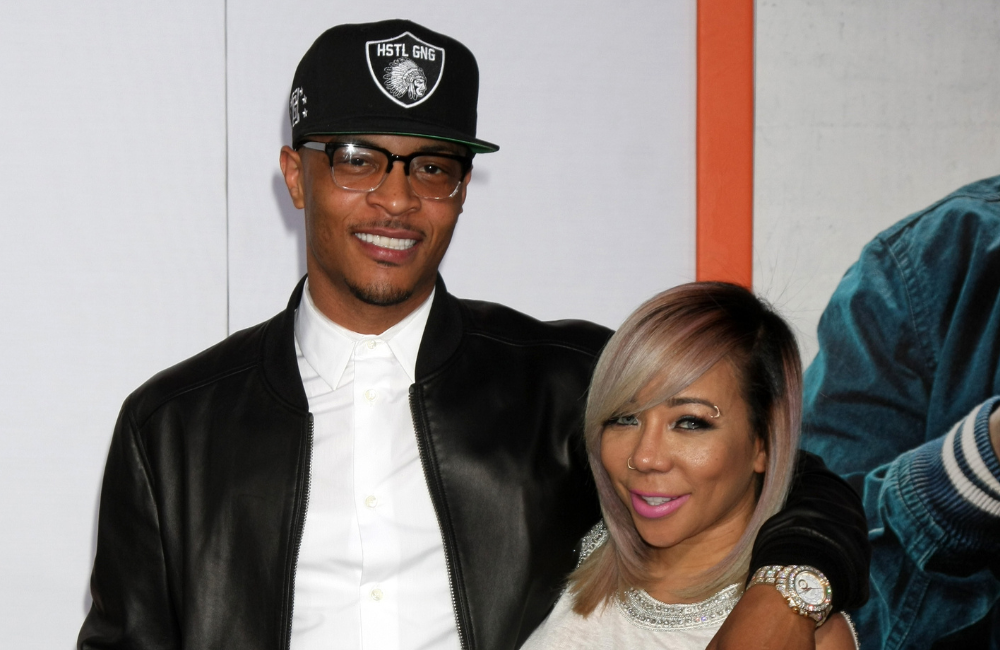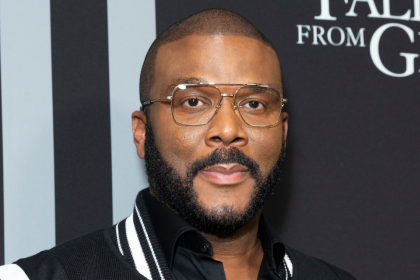The legal saga between hip-hop moguls T.I. and Tameka “Tiny” Harris and entertainment conglomerate MGA Entertainment has entered a defiant new chapter, with the couple’s attorneys spurning a token $1 settlement offer and vowing to pursue maximum damages in an upcoming fourth trial.
The dispute centers on allegations that MGA Entertainment deliberately appropriated the likeness and branding of the OMG Girlz, a girl group co-founded by the Harris couple, for their popular L.O.L. Surprise! doll line without authorization or compensation.
The stakes keep rising
A federal judge recently upheld the jury’s $17.8 million compensatory damage award while dramatically reducing punitive damages from the original $53.6 million verdict. The decision has only intensified the couple’s resolve to seek full accountability from the Los Angeles-based toy manufacturer.
Legal representatives for the Harris family characterized MGA’s nominal settlement proposal as an insult that underscores the company’s dismissive attitude toward Black creators’ intellectual property rights. The rejection signals their intention to pursue the maximum possible punitive award when the case returns to court. The legal team emphasized their commitment to fighting for the rights of the OMG Girlz and all artists facing similar challenges, standing up for every creative who wants to protect their vision and brand from unfair use without recognition and compensation.
The original OMG Girlz featured three young performers who cultivated a distinctive aesthetic combining vibrant hair colors, bold fashion choices and synchronized choreography. The group’s visual identity became central to their brand recognition and commercial appeal.
Corporate accountability in question
This protracted legal battle has evolved beyond a simple trademark dispute into a broader examination of how major corporations interact with minority-owned creative enterprises. Industry observers note that the case reflects systemic challenges faced by Black artists and entrepreneurs when confronting well-funded corporate entities.
The Harris legal team has positioned this lawsuit as a watershed moment for creative protection, arguing that MGA’s alleged appropriation represents a pattern of exploitation that disproportionately affects minority creators. Their stance emphasizes that financial compensation alone cannot remedy the damage caused by unauthorized use of artistic work. The case illustrates the uphill battle many creatives face against billion-dollar corporations, highlighting the difficulties that Black artists often encounter in protecting their intellectual property.
Industry implications
The entertainment industry has closely monitored this case’s progression, recognizing its potential to establish important precedents for intellectual property enforcement. Legal experts suggest that a substantial punitive damage award could deter similar appropriation cases and strengthen protections for independent artists. As the case heads for its upcoming trial, T.I. and Tiny remain optimistic about the outcome, with their legal team believing that another jury will be just as offended by MGA’s actions as the previous ones.
Community support mobilizes
The Harris couple has received substantial support from entertainment industry peers and advocacy groups focused on protecting minority creators’ rights. Social media campaigns have amplified their message, framing the dispute as emblematic of broader struggles for recognition and fair compensation. The ongoing drama surrounding the OMG Girlz case has sparked conversations within the community, with many rallying behind T.I. and Tiny, recognizing the importance of standing up against corporate exploitation.
Looking forward
The upcoming trial will focus specifically on determining appropriate punitive damages, with the compensatory award already established. This narrow focus may streamline proceedings while maintaining the case’s high stakes for both parties. The Harris couple’s persistence in this legal battle has already achieved significant victories, including the substantial compensatory damage award and widespread attention to intellectual property protection issues.
The resolution of this case will likely influence how entertainment companies approach partnerships with independent creators and may establish new standards for intellectual property respect in cross-industry collaborations. The case serves as a reminder of the need for vigilance in protecting creative works and the rights of artists, setting a precedent for how intellectual property rights are handled in the entertainment industry.
















